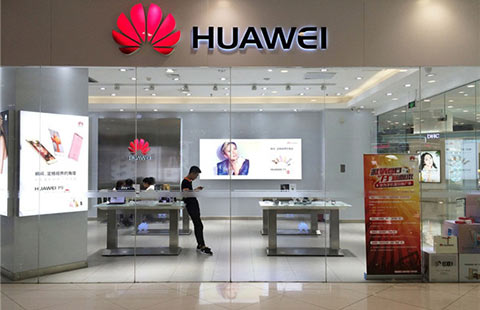Mainland staff help sell many policies
By Liu Wenjie in Hong Kong (China Daily) Updated: 2016-08-31 07:58
Hong Kong insurers are hiring more and more mainland people to serve the increasing number of policy buyers from the mainland.
"The mainland market offers huge potential, with many customers in Guangdong, Shanghai or Beijing reaching out to us for information about Hong Kong insurance policies," said Khadija Kan Sze-wan, 40, an insurance broker based in Hong Kong.
Kan entered the industry in 2006. After two years in sales, she started to assemble her own team. In 2012, she recruited her first team member from the mainland, who helped expand the sales channels to inland cities.
Currently, she leads a team of 20, half of them from different provinces in the mainland, including Shanghai, Sichuan, Hebei and Hunan.
Sales income from Hong Kong stabilized in the past year, while that from the mainland customers surged 30 percent.
"I met my first mainland customer four years ago after I recruited my first colleague from Hangzhou. I was very nervous when I met the client because I couldn't speak fluent Mandarin at that time. But luckily, I didn't have to say much. My colleague helped explain the details to the client," Kan said.
As contacts in mainland increased, Kan learnt to speak better Mandarin.
"But due to the cultural differences, I still find that sometimes it is hard to understand what my clients are saying, especially when they use some trendy internet-related words, so I'd rather ask my mainland colleagues to deal with them," she said.
Mainland students in Hong Kong are among the most popular employees in the insurance sector. They are usually well-educated and hold a valid work permit, with connections all over the mainland. In Kan's team, almost all the mainland team members graduated from Hong Kong universities.
It's illegal for overseas firms to promote foreign insurance products on the mainland at investment seminars and such events, but some Hong Kong insurance intermediaries still secretly promote them via instant-messaging apps, industry insiders said.
As long as mainland clients come to Hong Kong to buy insurance and sign the relevant contracts, their policies remain valid and protected by the law of Hong Kong, they said.
- G20: Why Hangzhou?
- Hangzhou ready for G20
- SpaceX to conduct first launch with used rocket this year
- China carrying forward inclusive growth
- EU to push for six priorities at G20 summit
- China to streamline procedures for withdrawing housing provident funds
- Welcome to beautiful Hangzhou
- Little known Shenzhen-HK insurance 'connect'

















